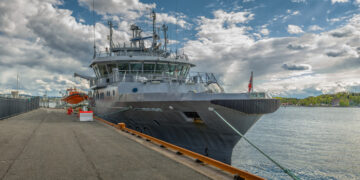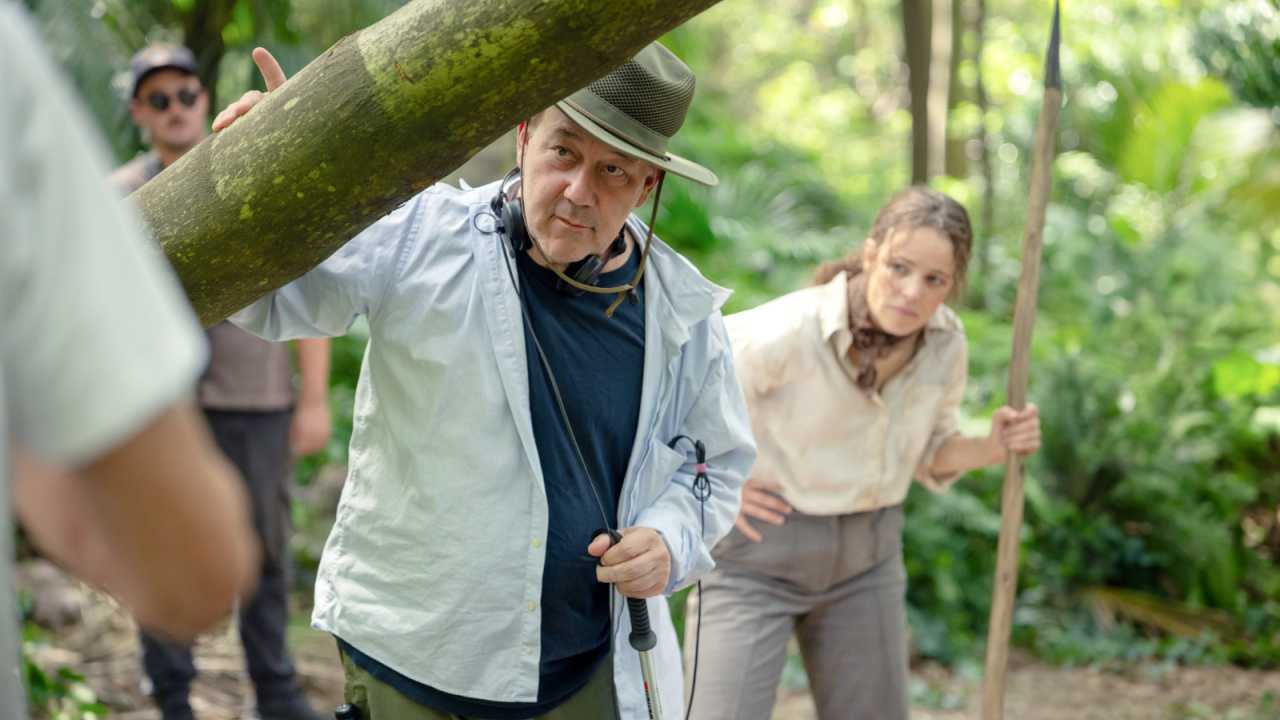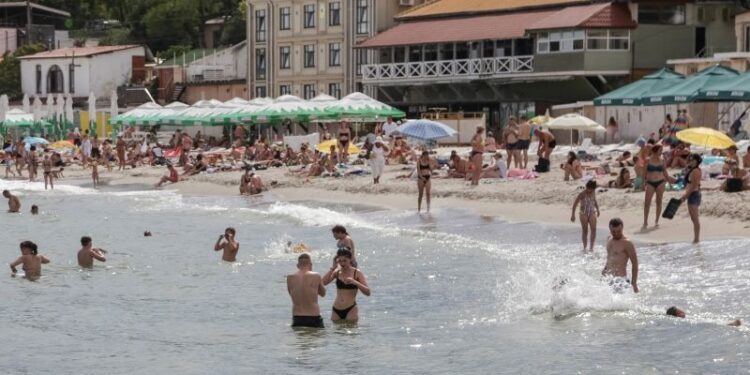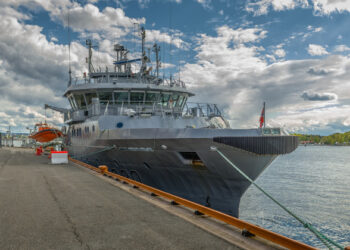CNN
—
Beaches officially opened for swimming in Ukraine’s largest port city of Odesa for the first time since the Russian invasion began in February 2022, local officials announced Saturday.
Bathing during air raid alerts, however, remains banned in the Black Sea city.
Odesa has seen relentless waves of Russian attacks over the last 17 months, filling the waters with sea mines and leading officials to close the stretch of sandy beaches and holiday resorts once popular with Ukrainian and foreign holidaymakers.
However, despite officially banning swimming since the start of the war, some people have continued to do so.
The city’s beaches were further tarnished in June when filthy waters from the collapse of the Russia-controlled Nova Kakhovka dam washed downstream, posing what the Odesa municipality described as a “genuine threat” to the health of residents.
Head of the Odesa region military administration, Oleh Kiper, said several “swimming and recreation areas” would open from 8 a.m. to 8 p.m. in a post on the Telegram messaging app on Saturday, adding more beaches would open up as inspections were completed.
Kiper said lifeboats and mesh fences to protect against explosive ordnance would be required in open swimming areas, adding divers would be sent to inspect the Black Sea waters if necessary. Daily coastal cleaning would also take place, he said.
Oleksandr, a lifeguard and a former diver who gave only his first name, told Reuters that an anti-mine net was placed in between two piers to prevent swimmers encountering shallow-water mines.
“The net will stop them. And they (mines) will also be visible from the shore under such weather conditions. Emergency workers will be notified, they will come to handle it,” he said.
In a Telegram post, Odesa’s municipality said air raid shelters were available nearby the reopened swimming spots, with shelter locations indicated on information boards at the beaches.
But while Odesa Mayor Hennadii Trukhanov said it was the administration’s responsibility “to prepare all the necessary infrastructure,” he added, “In my personal opinion, beach vacations – as recreation – are a bit out of time while our defenders are fighting for every meter of Ukrainian land.”
Despite being cautious, residents have welcomed the move as a distraction from the war.
“I want to swim at last and distract myself,” Yevhen, a student from Mykolaiv whose school was shelled and who went to Odesa for a short vacation, told Reuters. “I don’t want to think about the war and bad things. I dont want to think about it.”
“I have been dreaming of going to the beach and inhaling salty air. We have been missing it a lot. But safety is a top priority,” Svitlana, a resident of the Odesa region, told Reuters.
Odesa still remains a Russian target. At least 25 architectural monuments, including a historic Orthodox cathedral, were destroyed in the region in an intense wave of attacks by Russia near the end of July. Russian strikes last week damaged a critical port facility and key industrial infrastructure in the city.










































Discussion about this post